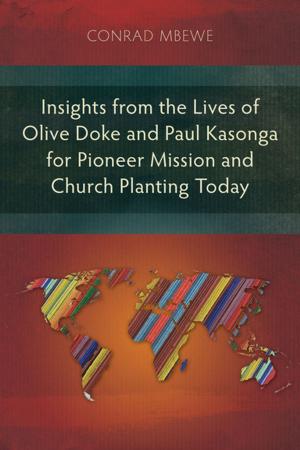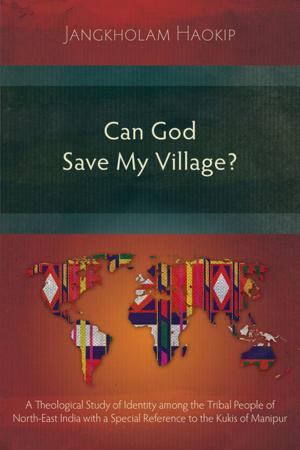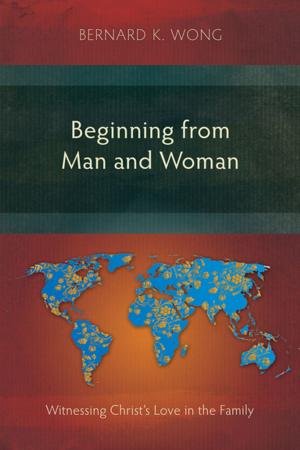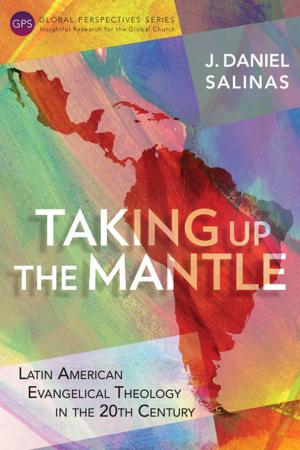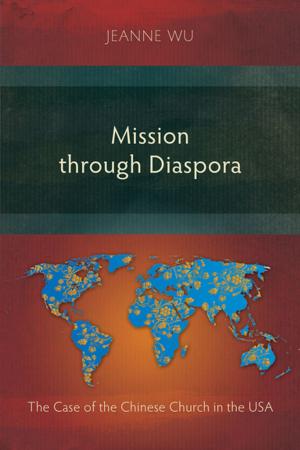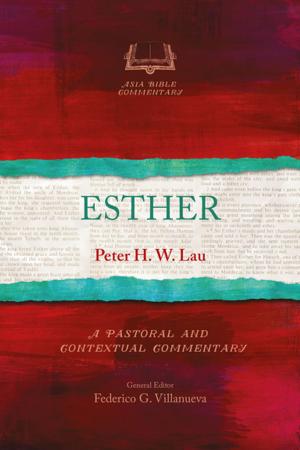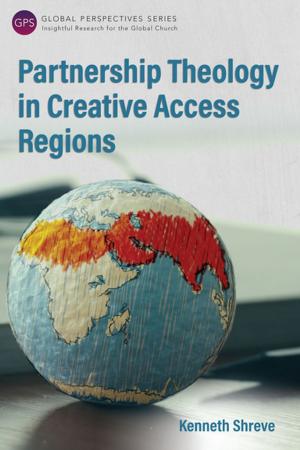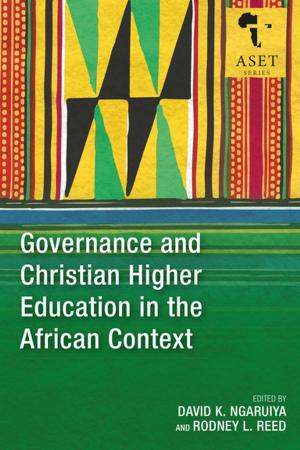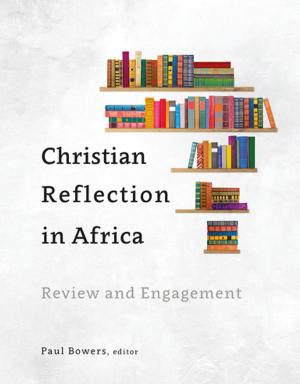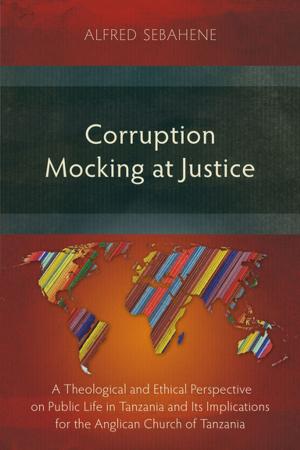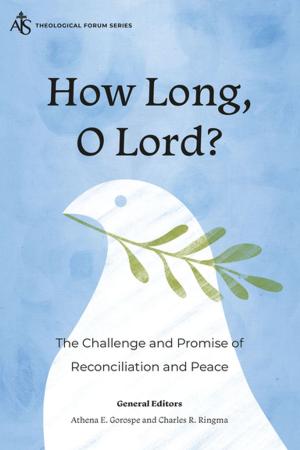Our Politeuma Is in Heaven!
Paul's Polemical Engagement with the "Enemies of the Cross of Christ" in Philippians 3:18-20
Nonfiction, Religion & Spirituality, Bible & Bible Studies, New Testament, Study, Criticism & Interpretation| Author: | Gennadi A. Sergienko | ISBN: | 9781907713729 |
| Publisher: | Langham Creative Projects | Publication: | October 14, 2013 |
| Imprint: | Langham Monographs | Language: | English |
| Author: | Gennadi A. Sergienko |
| ISBN: | 9781907713729 |
| Publisher: | Langham Creative Projects |
| Publication: | October 14, 2013 |
| Imprint: | Langham Monographs |
| Language: | English |
For many of whom I often told you, and even now am writing with tears, walk as the enemies of the cross of Christ: they walk to their final destruction, their god is the belly and their glory is in shameful things, their minds are earthly bound. But our πολίτευμα is in heaven from where we expect the Lord Jesus Christ, who is our Savior. Philippians 3:18-20 Paul’s letters to Philippians show us that this rather outspoken man had plenty of opportunity and cause to aggravate his christian contemporaries. However, for Paul to use such hostility and to name people as “enemies” shows us that we should take note and try to understand the meaning behind his statement. In this work the author asks: who were these enemies? What did they do wrong? Why did they deserve destruction? In search of these questions the investigation looks to the early Christian communities and their formation within the socio-political realities of the urban centers of the Roman Empire. Through this we learn a great deal about the uneven and complex dynamics of the early Christian community and a deep understanding of Paul’s warning to them.
For many of whom I often told you, and even now am writing with tears, walk as the enemies of the cross of Christ: they walk to their final destruction, their god is the belly and their glory is in shameful things, their minds are earthly bound. But our πολίτευμα is in heaven from where we expect the Lord Jesus Christ, who is our Savior. Philippians 3:18-20 Paul’s letters to Philippians show us that this rather outspoken man had plenty of opportunity and cause to aggravate his christian contemporaries. However, for Paul to use such hostility and to name people as “enemies” shows us that we should take note and try to understand the meaning behind his statement. In this work the author asks: who were these enemies? What did they do wrong? Why did they deserve destruction? In search of these questions the investigation looks to the early Christian communities and their formation within the socio-political realities of the urban centers of the Roman Empire. Through this we learn a great deal about the uneven and complex dynamics of the early Christian community and a deep understanding of Paul’s warning to them.


